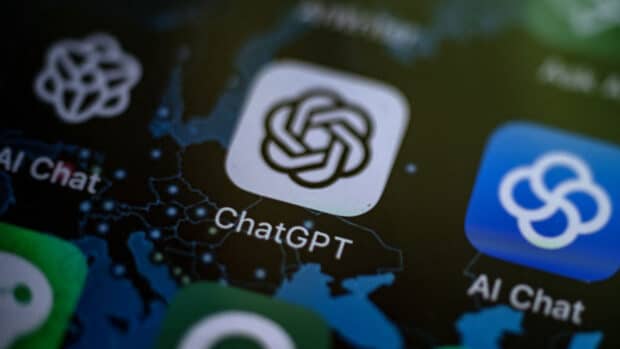
MANILA, Philippines — OpenAI, the US-based company behind the ChatGPT artificial intelligence chatbot, has banned several accounts based in the Philippines. These accounts used ChatGPT to generate large volumes of social media comments that favored President Marcos or criticized Vice President Sara Duterte, his former UniTeam running mate.
According to a report titled “Disrupting malicious uses of AI” released on June 5, the company identified and banned ChatGPT accounts that produced bulk comments in English and Taglish. These comments were posted on Facebook and TikTok, focusing on political topics and current events in the Philippines.
AI Influence Campaign ‘Operation High Five’
OpenAI labeled the campaign “Operation High Five” because many posts included numerous emojis and maintained a generally positive tone. The comments were brief yet partisan, typically praising President Marcos or criticizing Vice President Sara Duterte, the report stated.
The investigation revealed that Comm&Sense Inc., a public relations and marketing firm based in Makati, was among those responsible for this AI-powered influence campaign. Attempts to contact the company for comment had not received a response at the time of reporting.
How ChatGPT Fueled Political Comments
The report detailed how the operation employed ChatGPT at multiple stages of the influence campaign. First, the AI analyzed social media posts about political events involving President Marcos and suggested themes for replies. Then, it generated thousands of short comments, mostly under 10 words, aligned with these themes.
Finally, ChatGPT produced public relations pitches and statistical analyses, possibly for current or future clients. The campaign created five TikTok channels promoting the president’s agenda, which began posting videos in mid-February, coinciding with the start of the 2025 midterm election campaign period.
These AI-generated comments were posted by dozens of TikTok accounts with minimal followers and no mutual connections, likely to artificially boost the channels’ popularity. Similar comments appeared on Facebook in response to mainstream news reports. The Facebook accounts typically had very few friends and were created as recently as December 2024.
Limited Impact and Platform Policies
OpenAI assessed this operation as a low-impact Category 2 activity on their influence operation scale, where category 1 is lowest and 6 is highest. Despite hundreds of comments targeting posts like those from ABS-CBN News, these made up a small fraction compared to tens of thousands of genuine responses.
TikTok video views varied widely, from under 100 to over a million, suggesting limited consistent engagement. Both Facebook and TikTok prohibit inauthentic behavior aimed at artificially inflating engagement, and this campaign falls under such scrutiny.
In summary, the use of ChatGPT to generate bulk political comments targeting Filipino audiences has been mitigated by OpenAI’s proactive ban on involved accounts. While the campaign attempted to sway public opinion online, its overall influence remained limited.
For more news and updates on AI influence in politics, visit Filipinokami.com.

